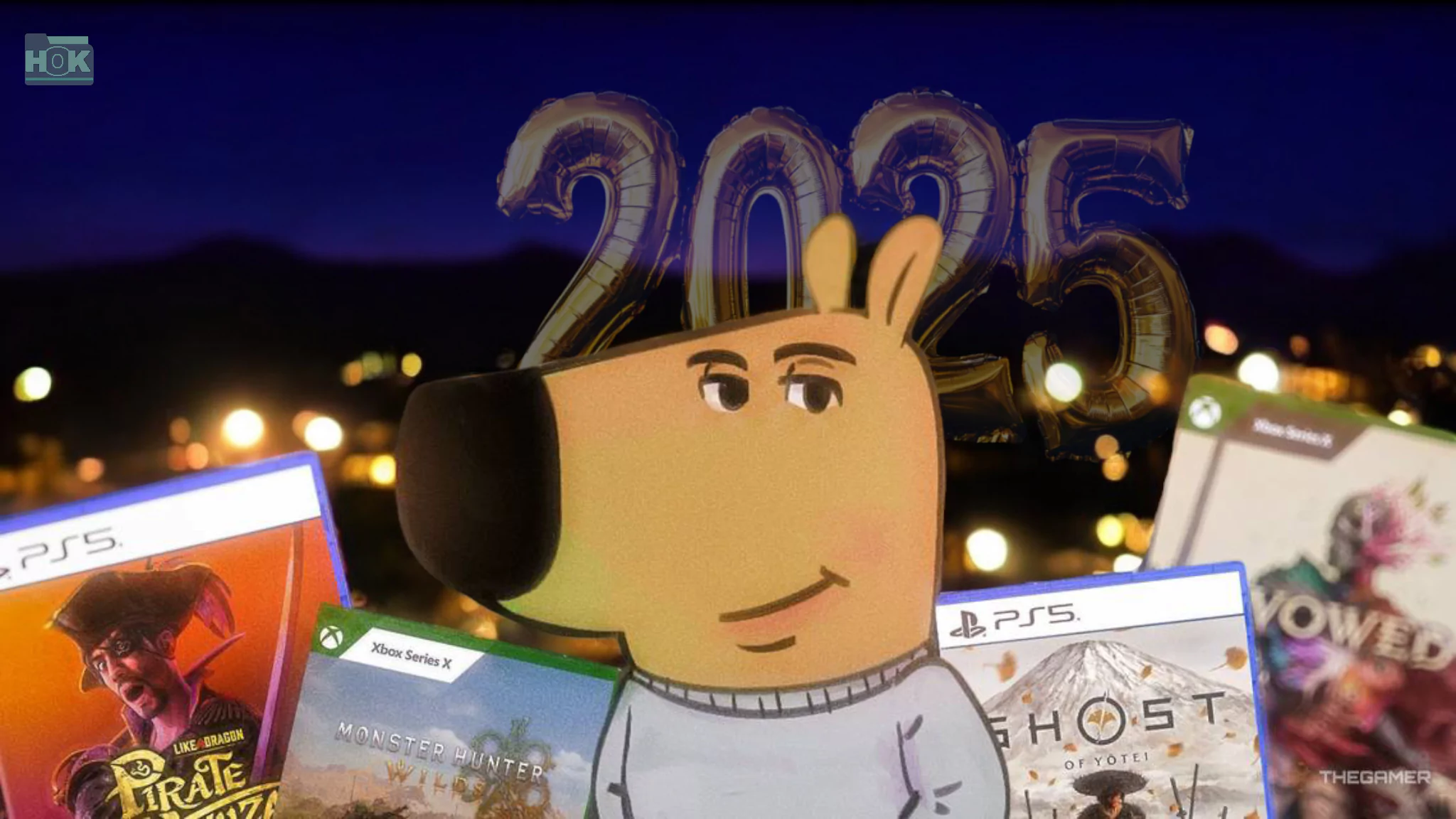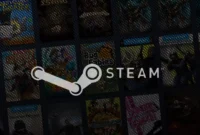What are your New Year’s resolutions for gaming? How can you make gaming fun again in a flexible and balanced way? In this article, we’ll explore how to focus on flexibility and balance, and how to reclaim the joy of playing by letting go of rigid rules and the pressure to finish every game. We’ll discuss strategies such as recognizing opportunities to “quit,” setting time limits, and prioritizing personal enjoyment over arbitrary completion goals.
Every year we make New Year’s resolutions and then don’t stick to them. I generally don’t make resolutions. I’m not interested in following arbitrary rules that are designed to punish me for changing my life once a year. I never do a set amount of exercise per week, I just do what I can with the energy I have. I don’t set a goal to eat better, but I try to order less and cook more. I don’t choose the cheap options, I keep a budget and track where my money goes.
This is an area of my life that requires a lot of change, and I’m not against making gaming resolutions this year. I stopped playing video games during the holidays, partly because it was my duty to do so, and partly because it was more boring than I wanted to. I’m resolving because I want to play games again.

How to Make Gaming Fun Again with Flexibility and Balance
What started out as a nice vacation can feel like a chore or chore. Deciding to enjoy gaming instead of seeing it as something you have to do can be a great way to reclaim your gaming time. You don’t have to stick to strict rules, so you prefer flexibility and balance, so you can adjust your accuracy to your natural rhythm.
- Play for fun, not for progress: Avoid putting pressure on yourself to constantly improve and finish your game. Enjoy the experience even if you don’t complete all the tasks or reach milestones.
- Change up your game: Sometimes, sticking to one genre or game can get boring. Maybe you can explore a new genre or go back to an old game you loved but never finished. Sometimes, going back to something you loved years ago can rekindle that spark.
- Set low-pressure “Game Goals.”: Instead of a hard resolution like “I will play 10 hours a week,” try something like “I will play the games I haven’t played this week” or “I will spend 30 minutes playing whenever I want.” “That”. “That”. Keep it light!
Here are some more tips to help you play stress-free:
- Enjoy your gaming time: Try to make gaming a rewarding activity that you can do after you’ve completed other areas of your life that you enjoy. You can build positive relationships without feeling obligated.
- Find a gaming community: If you’ve been playing alone, consider finding a community or group to join. Sometimes sharing your experiences with others or watching others play (like on Twitch or YouTube) can help you feel more motivated to play.
- Break the mold: Do something different if a game feels like a chore. Play a game that’s completely different from your usual genre, or if you’re playing solo, try a multiplayer game. The new experience will bring back the fun.
- Release the pressure: If a game feels like a checklist, take a short break and leave it for a week or two. This is like giving your gaming interests a “time out” so you can come back refreshed when you’re ready.
By making the game fun again and adapting to his mood and energy level (for example, how he approaches exercise and food), you will create a more authentic relationship with him. “I want to play again without pressure” may be the resolution for this year. Instead of creating a rigid structure, open up the experience naturally.
I’m going to stop buying triple-A games for this
I spent a lot of money on video games last year, and most of them were triple-A games that I played for the content, not because they sounded great. I hate most modern triple-A games, and they take a huge toll on my budget and make it hard to justify. Sure, I write about games for work, but there are times when every minute I spend on them feels like a drag. That makes me a real hater.
I’m going to buy more indie games instead, because indie games are awesome, and they play more innovatively and play by the rules of the genre, which I enjoy. I already play a lot of indie games, but I can buy three of them for the price of Dragon Age: Origins. I can also play them all in the same amount of time Dragon Age: Origins takes me. I’ll probably enjoy them more, too. Focusing on indie games can be incredibly rewarding. Here are a few ideas to improve your planning:
Create and prioritize a “wishlist”
- Make a list of indie games that excite you.
- Consider factors like gameplay style, art style, developer reputation, and player reviews.
- Prioritize games that align with your gaming preferences and available time.
Explore Indie Game Curators and Aggregators
- Websites and platforms like Itch.io, Steam Curator lists, and YouTube channels for indie games can help you find hidden gems.
Support developers directly
- Consider purchasing games from developers through websites or platforms like Itch.io.
- This often provides better support for indie developers and can unlock exclusive content.
Engage with indie game communities
- Join online forums, Discord servers, or Reddit communities dedicated to indie games.
- Share your experiences, discover new games, and connect with other passionate gamers.
I won’t keep playing games I don’t like.
Well, I’ll be honest: I throw my toys away very quickly. I’ve given up on many great games to play something newer and fresher and I’ll never go back because there’s always something new and fresh. But then I feel like I have to finish the game the way other people like it, and I convince myself that I have to give each game enough time to change my mind.
Most of the time that time never comes. I keep playing and walk away hating the experience and feeling like a waste of time. Believe in the critically acclaimed game this year. Here are some strategies to combat this:
Embrace “drop-outs”
- It’s okay to drop a game if you don’t enjoy it.
- Don’t feel guilty about moving on to something else.
- Sometimes a game just doesn’t excite you, and that’s perfectly okay.
Set time limits
- Give yourself a specific amount of time to “try out” a game.
- If after that time you’re still not hooked, move on without hesitation.
Prioritize your “why”
- Remind yourself of the reasons why you play.
- Are you looking for relaxation, a challenge, or a good story?
- Choose games that align with your current gaming goals.
Focus on experiences, not completing the game
- Shift your focus from finishing games to enjoying the gaming experience.
- Celebrate moments of joy and excitement, regardless of whether you complete the game or not.
I will finish my favorite games
The flip side, like I said, is that you drop the game very quickly. I might like a game, but I put it down to play something else and never play it again. Pledge issues? Lack of discipline? Maybe. There were so many games I wanted to play again, but I never touched them again, and probably never will. It sucks, so this year I’m going to make a conscious effort to finish what I started.


